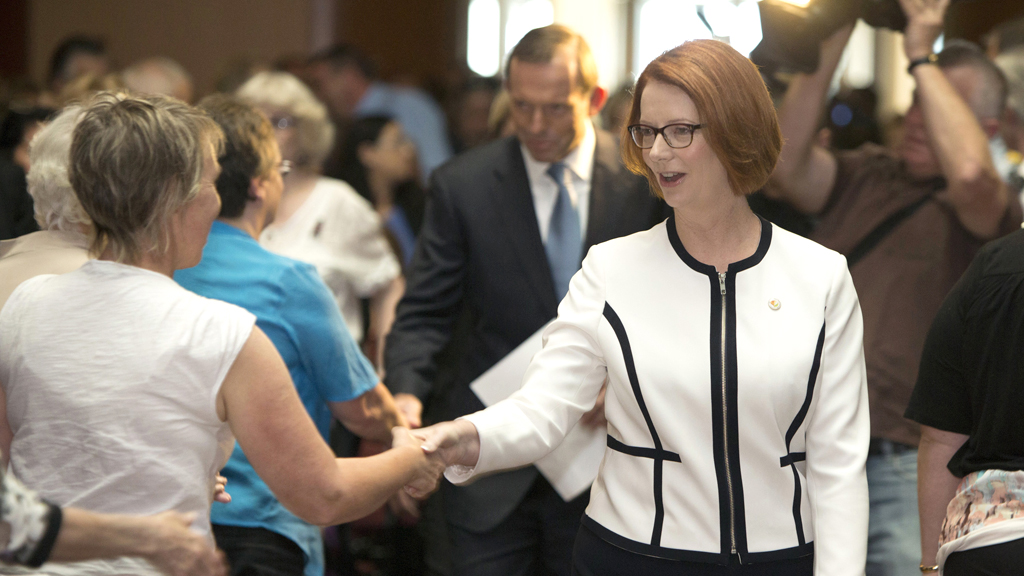Australia apologises for ‘shameful’ forced adoptions
Australian Prime Minister Julia Gillard delivers an historic national apology to the thousands of unmarried mothers forced to give their babies up for adoption from the 1950s to 1970s.

More than 800 people, many of them in tears, listened to the apology in the Australian parliament and responded with a standing ovation.
“We acknowledge the profound effects of these policies and practices on fathers and we recognize the hurt these actions caused to brothers and sisters, grandparents, partners and extended family members,” Ms Gillard told the audience.
“We deplore the shameful practices that denied you, the mothers, your fundamental rights and responsibilities to love and care for your children.”
Unmarried mothers were pressured, deceived and threatened into giving up their babies from world war II until the early 1970s so they could be adopted by married couples, a government report into the practice concluded.
A committee began investigating the federal government’s role in forced adoption in 2010, following an apology by the western Australian state parliament for the flawed practices in that state from the 1940s until the 1980s.
Gillard survives leadership bid
Ms Gillard’s apology was delivered on a tense day for Australian politics as she was forced by senior ministers to open up a bid for her own job. However Kevin Rudd, the prime minister whom Gillard ousted in an internal party coup in 2010, refused to nominate himself.
For weeks, an internal campaign had been rallying support for Mr Rudd. But in a surprising 11th-hour announcement, he said he would not attempt to return to the premiership by running for the party’s top job, indicating that he wasn’t certain he could unseat Ms Gillard.
The Prime Minister’s statement on the leadership. ow.ly/1TN9lC TeamJG
— Julia Gillard (@JuliaGillard) March 21, 2013
Thousands affected
To compensate those affected by the forced adoption policy, Ms Gillard committed 5m Australian dollars (£3.3m) to support services for affected families and to help biological families reunite.
The committee investing the policy could not estimate how many adoptions were forced but said it was up to thousands.
Australian adoptions peaked at almost 10,000 a year in 1972, before rapidly declining. The report found that decline could reflect the availability of welfare, the use of oral contraceptives and the legalisation of abortion.
Among unwed mothers, adoption rates were as high as 60 per cent in the late 1960s, the report said.
Catholic Health Australia, the largest nongovernment hospital operator in Australia and which provides 10 per cent of the nation’s hospital beds, said the practice of adopting out such children to married couples was “regrettably common” from the 1950s to the 1970s.
-
Latest news
-
Laughing Boy: New play tells the tragic tale of Connor Sparrowhawk5m

-
Sewage warning system allows some of worst test results to be left off rating system, analysis shows3m

-
Post Office inquiry: Former CEO didn’t like word “bugs” to refer to faulty IT system4m

-
Israeli soldier speaks out on war in Gaza12m

-
PM’s defence spending boost should be ‘celebrated’, says former Armed Forces Minister4m

-




